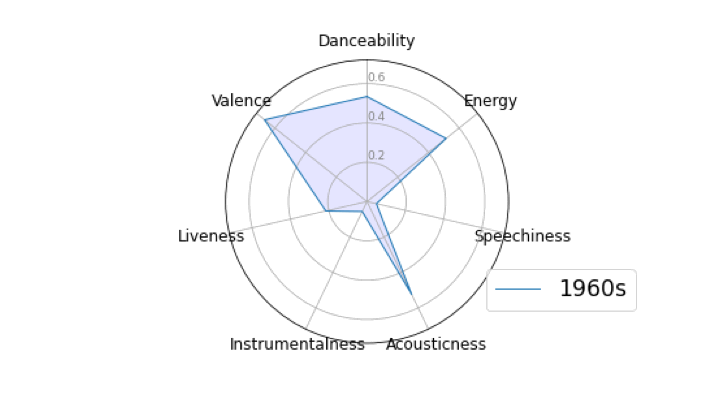Justin 'AI' Bieber Sings "We All Love Data Science"
The skills the authors demonstrated here can be learned through taking Data Science with Machine Learning bootcamp with NYC Data Science Academy.
In recent years, artificial intelligence (AI) has outperformed humans at increasingly complex tasks. From competitive games like Chess, Jeopardy, and Go to intricate undertakings such as facial and speech recognition, AI has risen to the challenge. The question is, could AI perform as well when it's not just a matter of following rules but at creating something original like writing a song? Check out the following clip which was generated by a neural net:
Performer: Justin 'AI' Bieber
Lyrics To: "We All Love Data Science"
Oh! We all love Data Science. Can't look you in the eye. I tried a million times. Git can be scary and charts sometimes don't match our story. Oh! We all love Data Science. Now I don't have the heart. I don't know where to start. It's gettin' pretty dark. Oh! We all love Data Science. We have Sam and Zeyu to our rescue. Oh! We all love Data Science.
This short compilation was created using Open AI's Jukebox, a neural net that generates music. It was trained using 1.2 million songs and is considered "state of the art" within the Music AI Industry.

Before arriving at the conclusion that Justin 'AI' Bieber would be the ideal vocalist for "We All Love Data Science", I conducted an in depth analysis of top performing songs and artists over the last six decades. Billboard's TOP 100 Weekly charts since 1958 gives us insights into how tracks, artists, and bands have performed. It may come as a surprise to some that "Old Town Road" holds the current Billboard milestone for most weeks at the number one spot.

When we apply the Spotify metrics to "Old Town Road", we learn that this track has a high "danceability" score with minimal use of instruments.


The combination of data from Billboard and Spotify's song metrics provides us with a bird's eye view of how our preference for music has changed over time.
How Has Our Preference For Music Changed Over Time?

Danceability Increased

Valence
(Happiness Score)
Decreased

Lyrics Replaced Instruments
One GIF For 315,000+ Songs!

When we combine our findings for all Spotify features for the most recent hits, we can obtain an "ideal" metric. This serves as a blue print for the qualities that an artist must demonstrate if they want to increase the odds of attaining hit status for a song.

Now, we can apply this metric to search for an artist that matches these parameters. I applied this metric to over 10,000 artists before narrowing down the results to Halsey and Bieber. Halsey comes close, but Bieber matches slightly better.




And, thus, we gave birth to Justin 'AI' Bieber!
Gone are the days where label companies "happen" to discover their next major talent in an underground club. Data analysis and predictive modeling serve as the backbone for talent recognition and development today. With the growth in streaming services as a platform for consumers and content providers, it is estimated that 40,000 tracks get uploaded everyday. This is in stark contrast with the days of CD releases when only a few new ones would hit the shelves every week. With so much content being produced and disseminated, there is a larger dependence on data analytics for label companies to filter through and identify their next potential major artist. Is it possible to avoid the work of searching by simply "creating" artificial talent? Would that be any different from their current practice of setting "artificial benchmarks" for human talent?
When it comes to music generation, we may still be inclined to say or believe that human intelligence produces better results than AI. But that is exactly what we assumed until recently for activities such as Chess, Jeopardy, Go and visual recognition.
Credits, References & Special Thanks:
- Data Sets: Sourced and maintained by Mr. Sean Miller
- JukeBox Open AI
- Instructors: Sam Audino & Zeyu Zhang
- Mentors: Yiling Lin, Alexander Sigman, Jonathan Presley, James Budarz, Stella Kim, David Corrigan, Yvonne Lau, Anant Swarup, Ariella Brown
- Neon Cyber DJ Robot Image ID & Credit: 1721062627/Shutterstock.com (license purchased)
- Soundwave Intelligent Technologies Image ID & Credit: 1582754959/Shutterstock.com (license purchased)
- My Github
- NYC DSA Featured Presentation: Webinar Link

